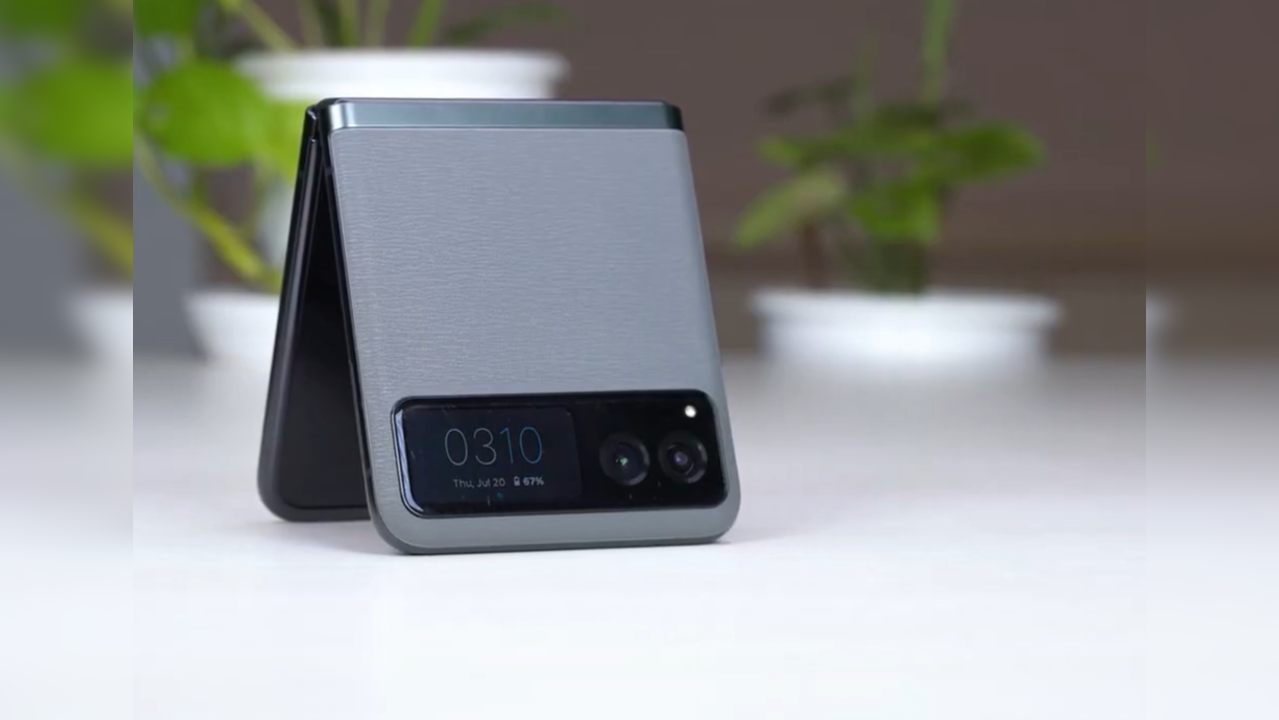
Summer heatwaves are a hazardous time to be a computer, game console, smartphone, or gadget that produces heat. Here are seven tips that will help your electronics survive the hottest weather.
Why Do Electronics Generate Heat?
Before we get to the tips, let’s take a moment to consider why gadgets generate heat in the first place—and why it’s bad for them. Computers and other electronics generate heat because when electricity flows through any conductor—including the semiconductor material in computer chips—some of the electrons collide with atoms or impurities in the material, creating resistance.
Since energy is conserved (transformed but never destroyed), these electron collisions create kinetic energy in the conductor’s molecules, which is heat. Electronic devices with computer chips especially need to remove waste heat from their chips and conductors. If they don’t, the transistors in the chips will not function properly. With that in mind, here are some things you can do to keep your gadgets from overheating.
RELATED: How Much Is Your Computer Heating Your Home?
Avoid Direct Sunlight, Hot Cars, and Extreme Heat
This probably sounds obvious, but don’t use your electronic device outdoors when it’s extremely hot outside. The hot air flowing through the device won’t be able to cool your gadget properly. Also, avoid direct sunlight hitting the device, which will dramatically heat it up. And if your car has been baking in the sun, don’t leave your gadgets to roast in the heat, which can even damage a gadget that isn’t turned on. Once you’re in the car, keep your tech turned off until you’ve ventilated or turned on the AC.
As an extension of this, whenever possible, only use heat-sensitive gadgets when you have air conditioning. The cold air from the AC will help remove heat from your device as it runs. If that’s not available, point a fan directly at your device and keep it in the shade as much as possible.
Use a Cooling Pad or Laptop Stand
If you’re using your laptop for long periods of time in a hot environment, it might be a good idea to use a cooling pad. These devices often include extra fans or heat sinks that help to regulate the temperature of your device to prevent it from overheating.
If you don’t want to spend money on a cooling pad, simply place your laptop on a raised platform. Or you could purchase a laptop stand. The bigger the distance between your laptop and the table, the better the potential air circulation.
RELATED: The Best Laptop Stands For In The Office And On The Go
Give It Room to Breathe
Fans and heat sinks can only remove waste heat from a gadget if the air temperature outside of the device is cooler than the air flowing out of the device. That heat transfer process relies on a fresh supply of cool air to work, and you can’t get it if your device (such as a game console, gaming PC, or otherwise) is enclosed completely in an entertainment center or cabinet with little-to-no airflow. To remedy this, open the doors of your TV stand or place the device on the top shelf behind the TV set where it can get some fresh air.
RELATED: How to Automatically Cool Your Entertainment Center When It Gets too Hot
Keep It Clean and Don’t Block the Vents
Dust buildup is one of the main causes of overheating computers and game consoles. Make sure to clean your tech regularly to prevent dust from clogging up the vents, heat sinks, or fans. Dust impedes airflow, causing your device to overheat.
Also, make sure the vents on your device are not blocked by your hands, your lap, a table, or anything else. If they are, this will restrict airflow that is intended to cool the device, causing it to rapidly overheat.
RELATED: How to Clean the Dust Out of Your Laptop
Turn Off Overclocking or Use a Low-Power Mode
Overclocking is a term used to describe the practice of forcing a gadget (such as a PC) to run faster than the manufacturer intended. It can be used to increase the speed of a computer, but it also causes your device to generate more heat, which is bad when the environment around the PC is hot. To cope, turn off overclocking or try to locate a low-power mode that will underclock the device’s CPU and use less power, which will also generate less heat.
RELATED: 5 Cooling Solutions to Prevent Your PC From Overheating
Turn Off Unused or Background Features
If you’re not using certain features on your device, turn them off. For example, if you’re not using Bluetooth, turn it off, which will both save some battery life and potentially reduce the device’s heat load.
Also, some apps on PCs and smartphones stay running in the background, constantly checking for updates and heating up your device. Close those background tasks on a PC or Mac—or turn off background app refresh on an iPhone, for example.
And while you’re in the heat, you could choose to use less processor-intensive apps or games. In general, games with detailed graphics may generate a lot more heat than simpler games that don’t tax your device’s graphical capabilities.
RELATED: How to Stop Your Mac from Overheating
Take Breaks
If you’re using your tech for extended periods of time in extreme heat, make sure to take breaks every so often. The best way to do this is to shut down the device completely and let it sit for a few minutes. But if you can’t do that, close all apps or pause a movie and let it sit for a while unused. This will give your device a chance to cool down before you start using it again.
Good luck, and stay safe out there!
RELATED: Why You Should Take Breaks While Gaming
7 Tips to Keep Your Tech From Overheating - How-To Geek
Read More

No comments:
Post a Comment